
Did you know that according to industry research, the global freelancing business is valued at $1.5 trillion and growing at a 15% CAGR?
How a person earns a living is one of the most important decisions they will ever make. You should make your choice based on what suits you best.
If you’ve always wanted to work for yourself and shape your professional future, a freelance career could be just what you’re looking for.
However, like with any major career decision, doing your homework first is critical. As part of this blog, we will discuss the pros and cons of freelancing.
So, what are you holding for?
Let’s start!
What Are The Pros of Freelancing?
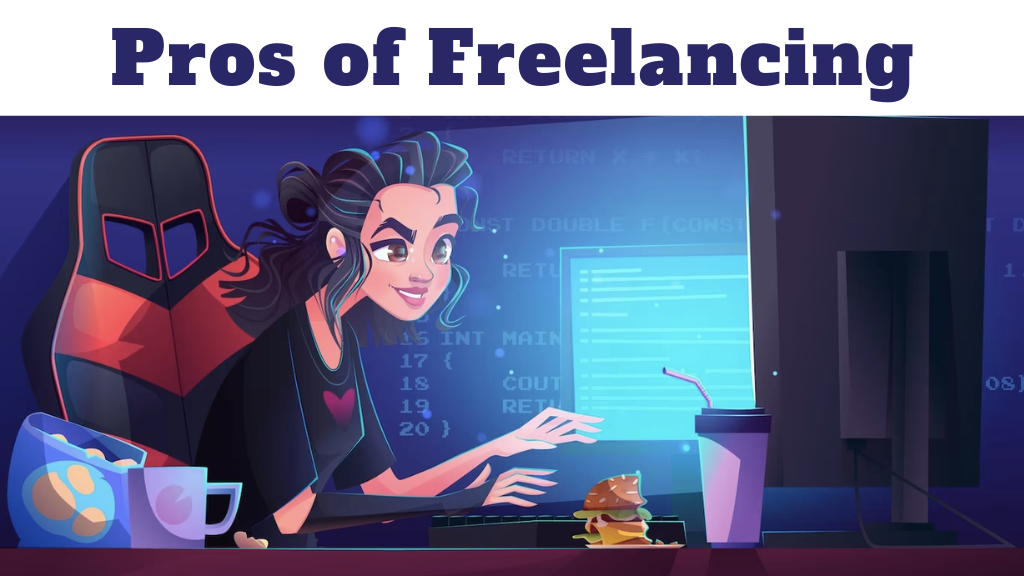
Individuals seeking flexibility, freedom, and a non-traditional job structure are drawn to freelancing for a variety of reasons.
Here are some pros of freelancing:
1. You’re in Command
Part time freelancers make up one-third of the workforce today. Almost all of them will say they enjoy being their boss as their primary motivation for working. It’s fantastic to have complete control over how you operate your work life.
Freelancing also allows you to carve your path in life. The work-life balance is up to you and your family. You can live anywhere, take vacations whenever you want, and strike a work-life balance that avoids freelance burnout.
2. Choose Your Clients
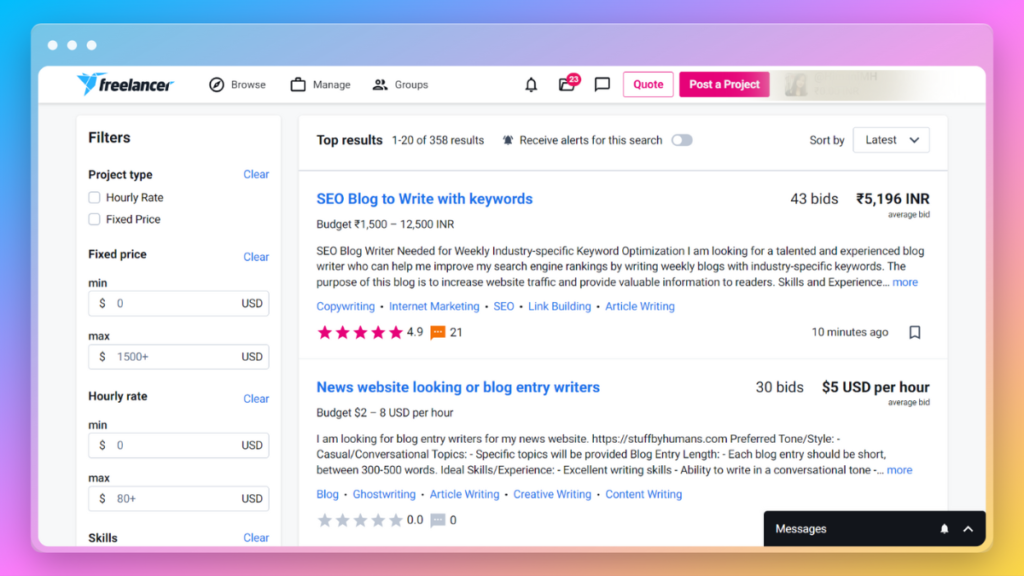
Freelancing also allows you to choose who you want to work with and who you do not.
If there are freelance clients who simply do not fit with you or your business model, you can simply decline them.
Finding high-paying freelance clients is a skill. If you want to learn it, then we have a dedicated blog to help you out!
3. Remote Working
Remote work has grown in favor since the Covid-19 outbreak. However, when companies call employees back to the office, some are losing the ability to work remotely.
Working remotely as a freelancer is a luxury that cannot be taken away. You are not required to devote several hours every week to commuting to and from work.
You can work and live anywhere you want as a freelancer while having clients all over the world.
4. Freedom to Work and Grow on Your Terms
As a freelancer, you will have independence, which most employees do not have. As previously stated, you will not be confined to a cubicle for long periods.
Furthermore, you will have the option of working part-time or full-time. You could, for example, work part-time in the summers while working full-time the rest of the year and vice-versa.
5. Flexible Work Schedule
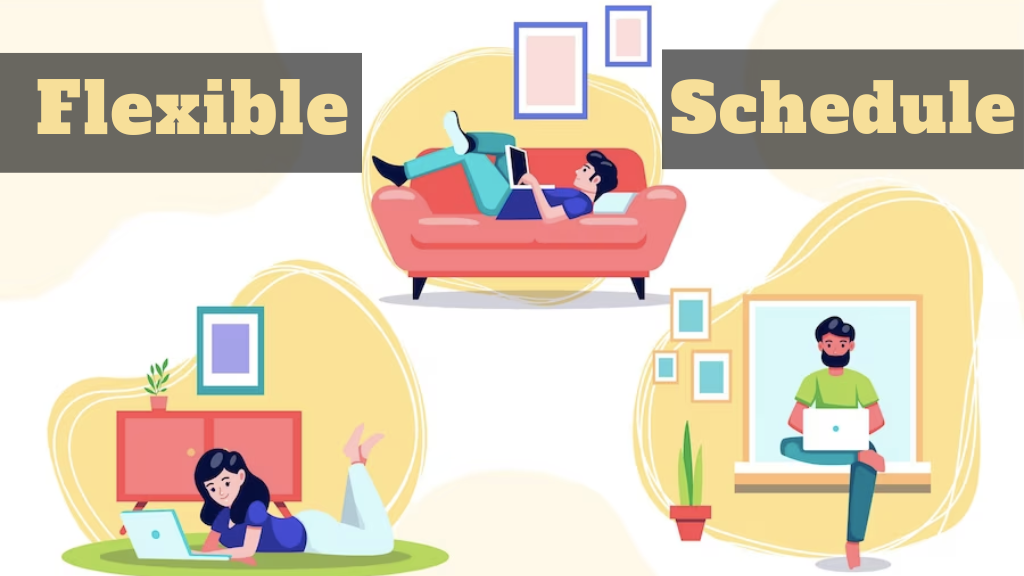
Despite making themselves available to their clients when necessary, freelancers can establish their flexible work hours.
If keeping regular office hours works well for you, you can keep doing so even if you become entirely freelance.
You can also work into the wee hours of the morning if you are a night owl.
You have the option of working weekends or taking every weekend off.
6. You Get to Keep the Entire Profit
As a freelancer, you are allowed to keep 100% of your profits.
Unlike traditional work, you are not required to share your earnings with your supervisor or organization.
You have complete control over your financial status and may choose whether to reinvest your gains in your business, save them aside for the future, or spend them to sustain your lifestyle.
7. Ability to Increase Your Earnings
A key benefit of freelancing is the ability to improve your income. Working as a freelancer allows you to earn as much money as you want.
Your income potential is not limited by a predetermined salary or hourly rate because you can set your freelance rates depending on your experience and expertise.
You can also take on as many projects as you want, expanding your portfolio and earning more money.
8. No More 9-5 Workdays
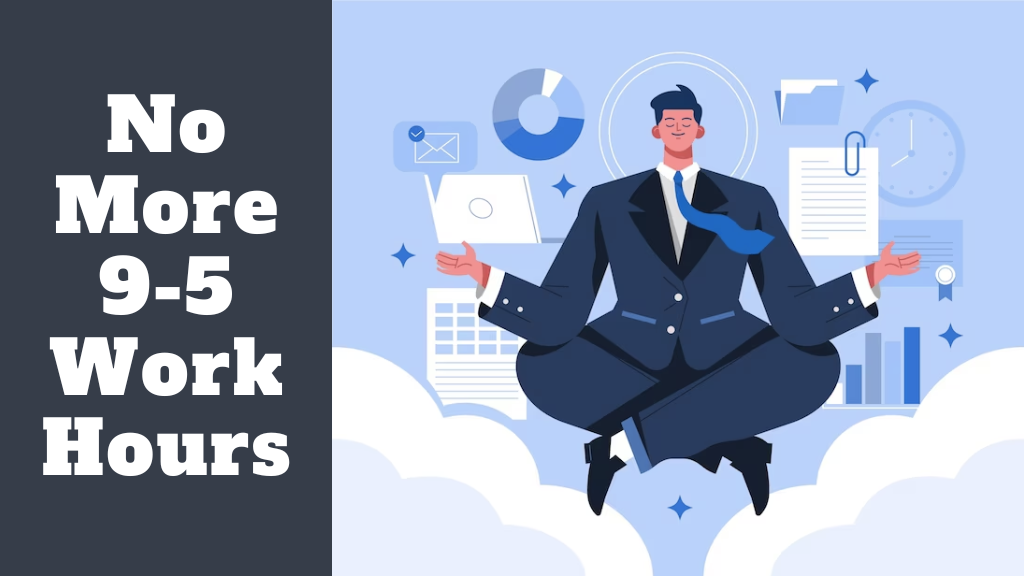
While many people find fulfillment in the regularity of 9-to-5 work in a typical office setting, others look for something new.
For some people, the rules of a normal office atmosphere with coworkers and defined work hours are not the greatest match. They’re seeking a solution that meets their specific tastes and demands.
Freelancers have a great deal of flexibility in terms of both what they do and how they do it.
And, certainly, students can create their timetables based on what works best for them. A freelancer can merely alter their working hours, take vacation days, and do additional activities.
What Are The Cons of Freelancing?
You people might be thinking if there are pros of freelancing, then there must be some cons; now let us talk about what are the disadvantages of freelancing.
1. Not Eligible For Employee Benefits
Many countries provide perks and bonuses to employees as part of their employment contracts. This could include paid leaves, work goodies, insurance benefits, paid training sessions, retirement contributions, and more, depending on where you live.
Being a freelancer, you do not receive these perks. It will be your responsibility to organize and pay for your own health insurance.
2. Work Instability
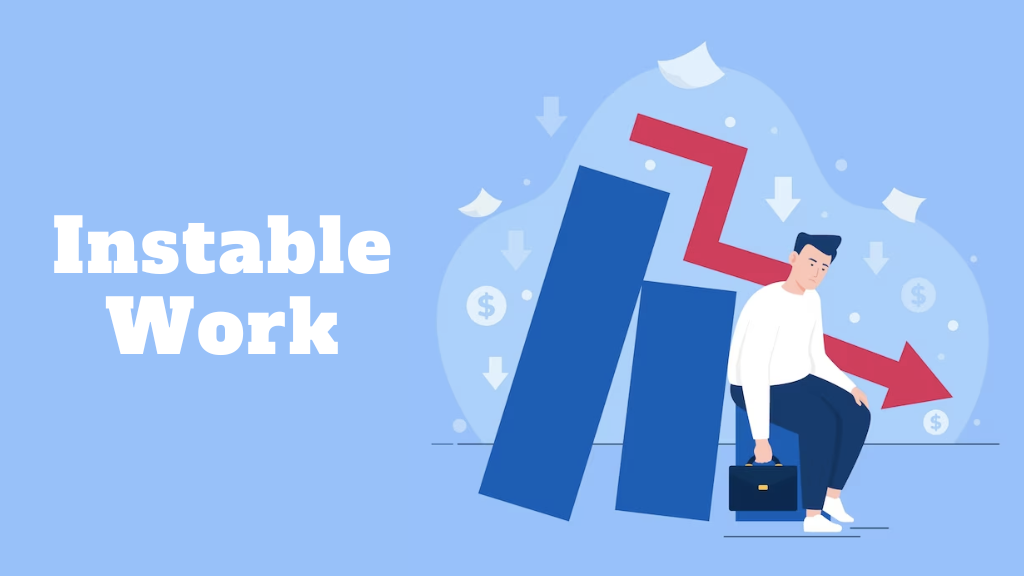
When you are a freelancer, you may have a large amount of clients at your door today, but there may be none tomorrow.
Freelancing is all about staying on top of your work. Working from home isn’t the only thing. It’s all about learning while working from home.
There can be a period when you don’t have any work. Your contract could be ended unexpectedly. Your client may abandon you.
Freelancing does not come with insurance. You have no guarantee that you will always be successful.
3. No job security
Freelancers do not have the job security that typical employees enjoy. Contracts or projects might be terminated at any time by clients, leaving freelancers without a source of income.
4. Tax Concerns
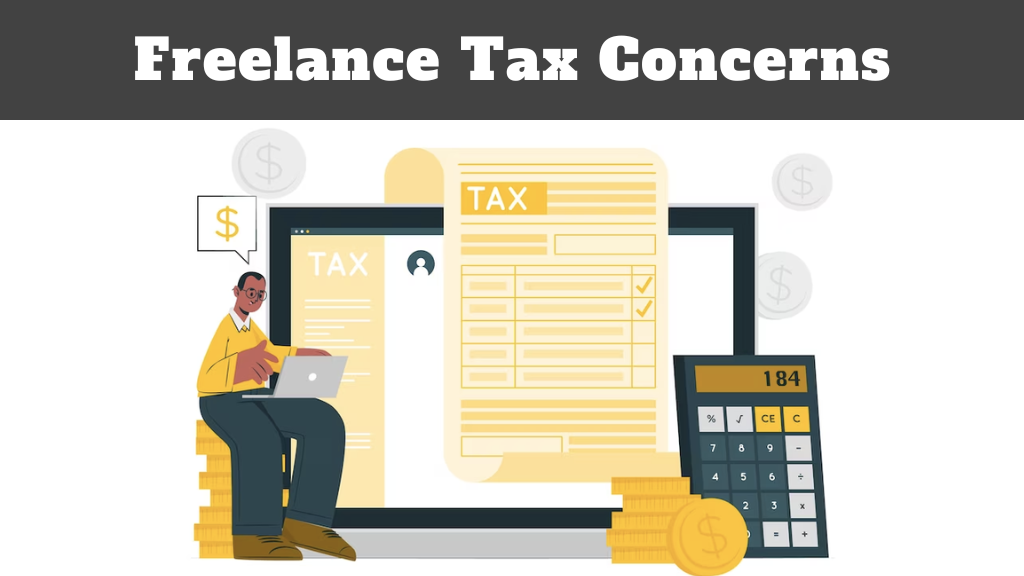
Another disadvantage of freelancing is that practically everybody will agree on it.
When you rely on traditional work to pay your bills, your company is responsible for keeping track of income tax, which is automatically withdrawn from your paychecks.
When you become a freelancer, though, this becomes your responsibility.
5. Complete Accountability
In a typical job, you have the advantage of sharing responsibilities with a large group of individuals. You have responsibilities, and your coworkers have as well.
If you need to highlight something specifically for someone else, you’re sure to have plenty of choices.
If you are employed as a freelancer, this is not the case. You do all the hard work and always have a fire to put out. For this reason, most freelancers must learn to wear numerous hats (and wear them effectively).
Does freelancer pay in India?
In India, a beginner freelancer can earn between 10,000 INR And 30,000 INR per month, while an expert freelancer can earn more than 80,000 INR monthly. The amount of money you make depends on what kind of work you do and how much of it you do.
What skills do I need for freelancing?

Following can be the skills that a freelancer can have:-
- Time management
- Communication Skills
- Cold Pitching
- Customer Service
- Adaptability
- Problem-solving
- Marketing and networking
- Self-motivation
- Financial management
Does freelancing have a future?
Freelancing has an undeniably bright future. It is because of the increased demand for remote labor, digital technologies, and specialized expertise that freelancers are becoming important assets to enterprises.
Their adaptability, cost-effectiveness, and capacity to supply specialized skills assure that freelancing will thrive in the ever-changing world of work.
Wrapping it up
Freelancing offers a unique set of advantages and disadvantages that individuals must carefully weigh before embarking on this career path. The freedom to be your boss, choose your clients, and work remotely are undeniable pros, allowing for a flexible lifestyle and income potential.
However, it comes with the drawbacks of instability, lack of job security, and added responsibilities like tax management. While freelancing is a promising avenue for those seeking autonomy and flexibility, it is not without its risks.
Ultimately, the decision to pursue freelancing should be based on your personal preferences, skills, and tolerance for uncertainty in the ever-evolving world of work.
If you have made up your mind to make a career in freelancing, read our in-depth guide on how to start freelancing and get your first client.
For more such interesting reviews and informative blogs, stay connected to PenChise!
You can also get in touch with us on Twitter or Instagram, don’t forget to hit the follow button ❤️
FAQ’s
Is it risky to be a freelancer?
Freelancing provides independence and flexibility, but it also has risks. Income insecurity, a lack of job security, and the responsibility of self-employment can all be problematic.
There’s no guarantee that you’ll get health coverage, retirement benefits, or a safe work environment. Since success is dependent on skills, networking, and finance management, freelancing is a risky career option for individuals.
Why freelancing is better than a job?
Freelancing is a great option for people who want to have more freedom, make more money, and be able to do what they love. It enables people to govern their careers on their own terms.
Is freelancing a good career option?
Yes, freelancing is a great career option. Flexibility, autonomy, and the potential for increased revenues are offered by it. Income variations, as well as a lack of job security, also pose challenges.
The key to success in freelancing is skill, self-discipline, and the ability to effectively take care of clients and finances.
Do freelancers make good money?
Yes, freelancers have the potential to earn good money, but income can vary widely depending on skills, demand for services, and client relationships.
Some freelancers earn good incomes, while others may struggle. Success in freelancing often depends on expertise, marketing, and consistent client acquisition.
Is freelancing a high-paying job?
Freelancing can be a great way to make money, but it’s not for everyone. If you have the right skills and can get good clients, you can make a lot of money. But if you don’t have the right experience, market demand, or negotiation skills, you might not be able to make as much money.
Do freelancers get paid well?
Yes, freelancers can earn a good income, but it varies widely based on their skills, experience, and the demand for their services. Some freelancers enjoy high-paying projects, while others may struggle to secure well-compensated work. Managing clients effectively and specializing are key factors in freelancing success.



